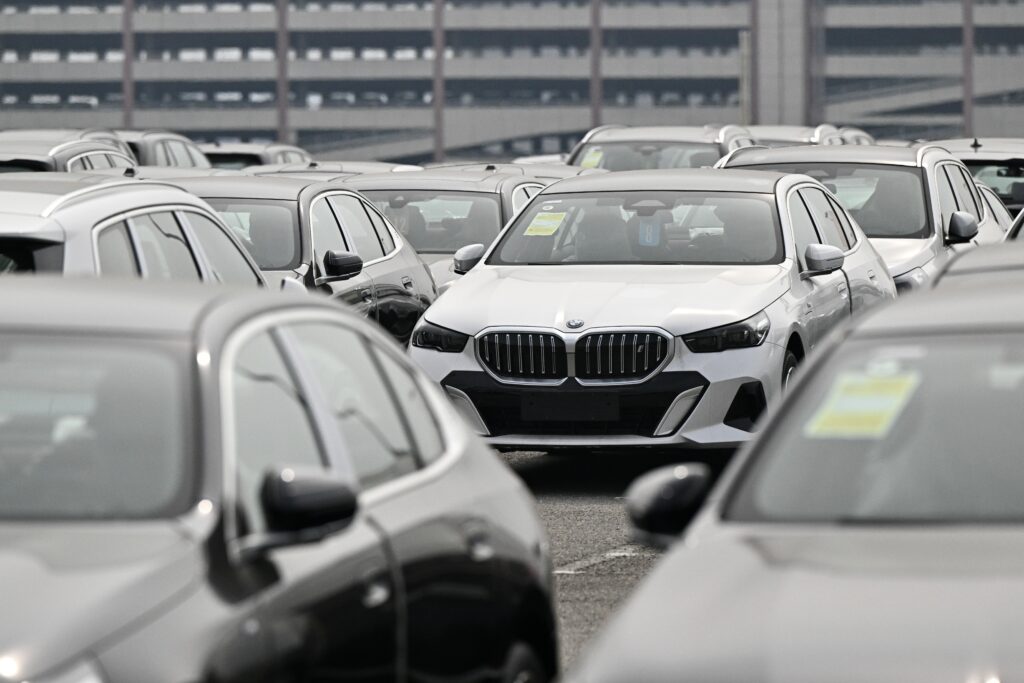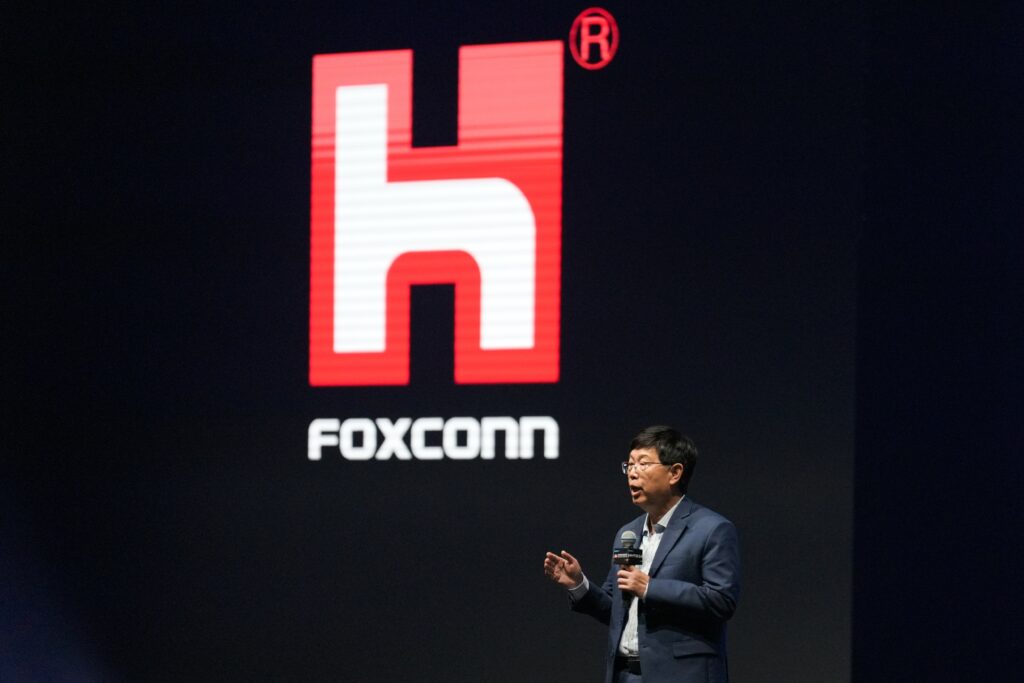BMW expects big hit from tariffs after 2024 profits plunge
German automaker BMW warned Friday that it would take a big hit from trade wars between the United States, China and Europe this year, on top of weak Chinese demand, after profits plunged in 2024.Finance chief Walter Mertl said at the presentation of BMW’s annual results that US tariffs on steel and aluminium, in place …
BMW expects big hit from tariffs after 2024 profits plunge Read More »


